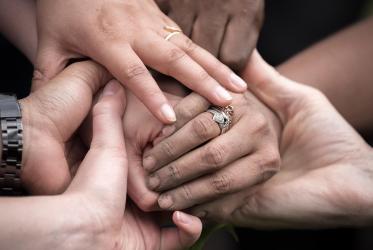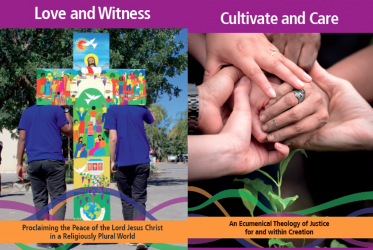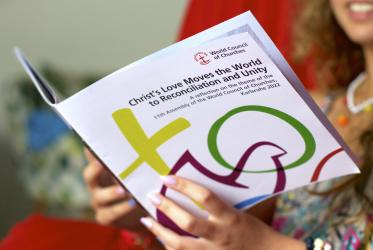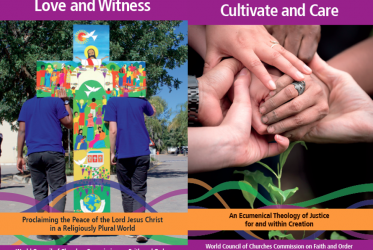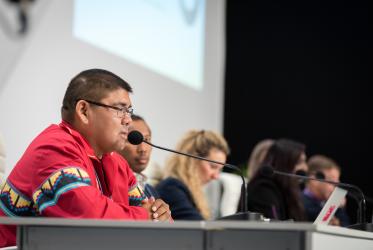Displaying 41 - 60 of 157
WCC webinar “Common witness on environmental justice and religious pluralism”
18 February 2021
Online-By registration only
WCC Eco-School 2021 for Pacific region on Water, Food and Climate Justice
22 - 28 February 2021
CCIA meets in Brisbane with focus on Pacific regional priorities
19 February 2020
“See humans as part of creation” in addressing climate emergency
06 December 2019

